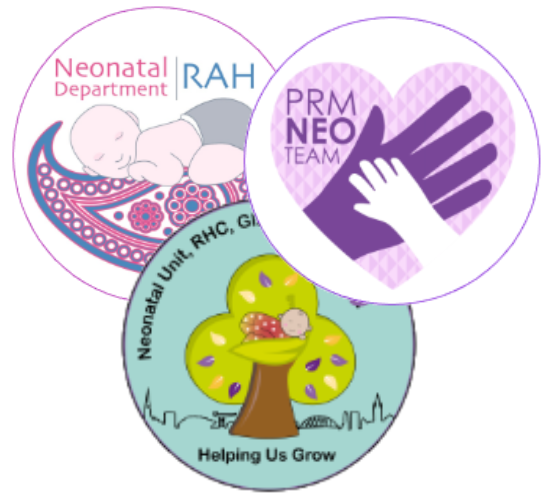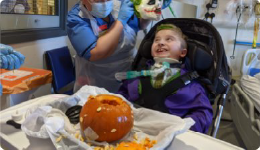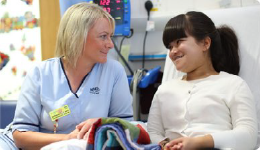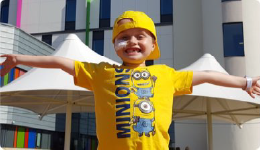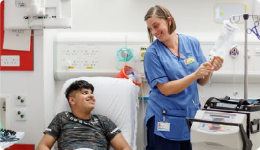In addition to research, we are actively involved in Quality Improvement (QI) initiatives. This allows us to assess and improve the care we provide to our babies, striving for better care and promoting patient safety. Some of our QI work has won awards or received recognition from the various neonatal organisations.
We report our neonatal outcomes to the National Neonatal Audit Programme, comparing our outcomes to other units with similar patient mix. We review this report regularly to address any areas where we could perform better.
We also work closely with the The Scottish Patient Safety Programme Perinatal Programme (SPSP Perinatal). This allows us to work in partnership with our colleagues in Maternity to optimise care and outcomes for pregnant women and their babies. Through MCQIC, we have various care bundles in the neonatal unit which are evidence based to encourage best practice.
Furthermore, in addition to these national projects, we run lots of local QI projects to continuously assess and improve the care we provide.
Current QI initiatives/projects
- INVENTS: Reducing unplanned extubation in ventilated babies
- Get Set: Monitoring of vital signs and temperature during stabilisation, shortly after birth for preterm babies
- Express yourself: Helping mums to express breast milk early
- GO to mum: Pathway for managing newborns with common, mild breathing issues after birth, aiming to reduce neonatal unit admission and maternal-baby separation
- B434: Collaborative evidence based approach to managing babies born earlier than 34 weeks of pregnancy
- Perinatal wellbeing package: Collaborative evidence based approach to managing babies born earlier than 34 weeks of pregnancy
- The Warm Bundle: Helping keep babies warm and reduce neonatal unit admission
- BPD reduction package: Evidence based approach to management of early breathing issues in babies born earlier than 32 weeks of pregnancy
- Reducing CLABSI: Reducing serious neonatal blood stream infections in babies with central lines


